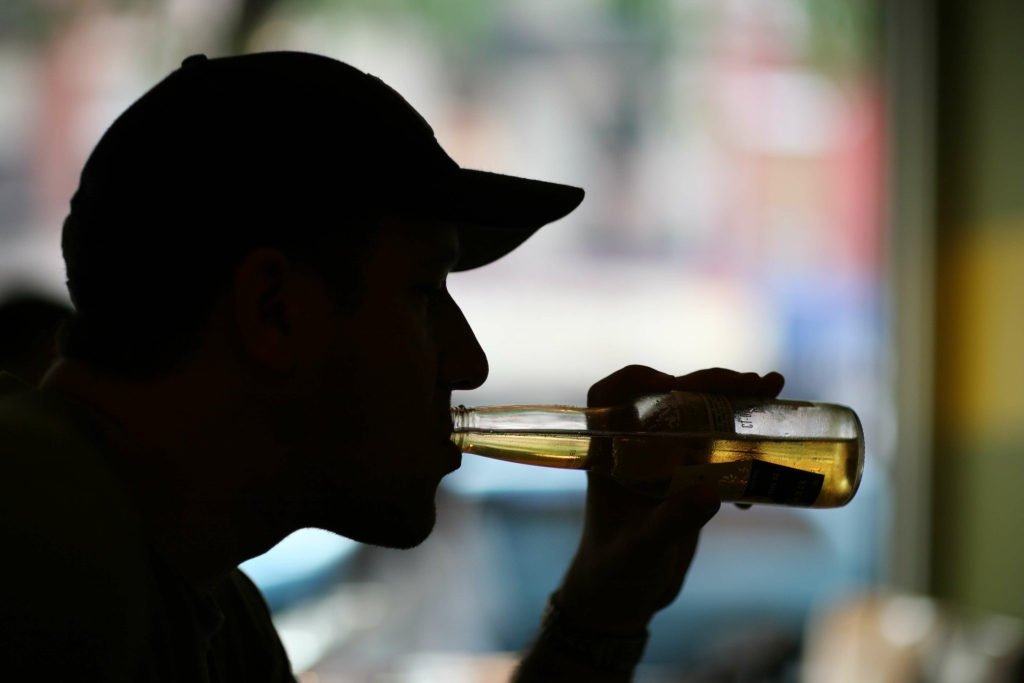Regular self-medication can lead to alcohol addiction, worsening mental health disorders, and increased health problems. Mutual-support groups provide peer support for stopping or reducing drinking. Group meetings are available in most communities at low or no cost, and at convenient times and locations—including an increasing presence online. This means they can be especially helpful to individuals at risk for relapse to drinking. Combined with medications and behavioral treatment provided by health care professionals, mutual-support groups can offer a valuable added layer of support.
After all, nobody wants to deal with the physical and mental pain that addiction brings. 2A major focus of this study concerned the role of physical availability in alcohol purchase and consumption decisions. Consequently, participants were required to be of the legal drinking age so that their purchase habits (by legal means) could be assessed (Abbey, Scott, & Smith, 1993). While there is no universal indicating factor to one’s risk level, there are some factors that have historically been known to contribute to developing the disorder. Alcoholism refers to use of alcohol that results in an individual experiencing significant distress and or dysfunction in daily life.
Other Risk Factors of Alcoholism
Ultimately, problematic drinking can be attributed to multiple social, psychological and biological factors. People who fall into alcoholism may not realize why alcohol is so addictive. There is no one cause but rather a combination of precursors that lead to an alcohol addiction.
The mental health professional focuses on treating the underlying mental health condition alongside helping the person recover from alcohol addiction. Ongoing treatment from healthcare providers and continued recovery efforts can help manage an alcohol use disorder and prevent relapse. Recovering alcoholics often experience challenging withdrawal symptoms that make it easy to relapse. In many cases, those suffering from alcoholism relapse to prevent alcohol withdrawal symptoms.
What Increases the Risk for Alcohol Use Disorder?
Genetic factors make some people especially vulnerable to alcohol dependence. Contrary to myth, being able to “hold your liquor” means you’re probably more at risk — not less — for alcohol problems. Yet a family history of alcohol problems doesn’t mean that children will automatically grow up to have the same problems.
If someone drinks alcohol primarily to reduce stress, then this individual is most likely to drink under times of stress; it is at these times that there is fit between the individual’s personal motives and life situation. In a normal population of drinkers, quantity and frequency why are people alcoholics of alcohol consumption vary depending on an individual’s situation. Consequently, there is a need to examine both reasons for drinking alcohol, and the extent to which current circumstances fit these reasons, in order to explain current levels of alcohol consumption.
The Top Reasons Why People Become Alcoholics
If you are addicted to alcohol or to drugs, don’t let your problem become progressively worse. There are many facilities who offer different treatment programs so one can be designed to fit your individual needs and preferences. Addiction to alcohol, however, is a disease characterized by a compulsion to drink and an inability https://ecosoberhouse.com/ to control one’s alcohol intake. People who are dependent on alcohol are often addicted to the substance, but it is possible to be dependent and not addicted. At Compassion Behavioral Health, our team specializes in providing successful treatment programs to those struggling with a variety of substance abuse issues in Florida.

